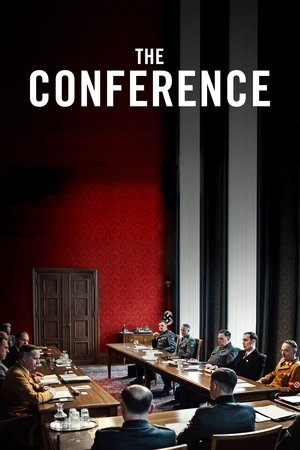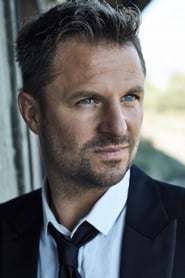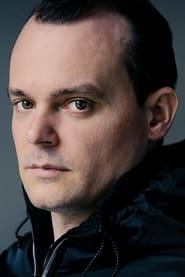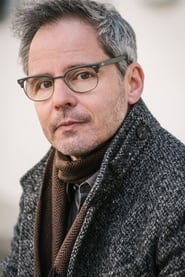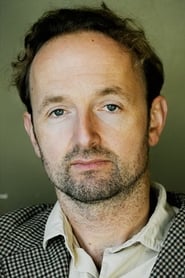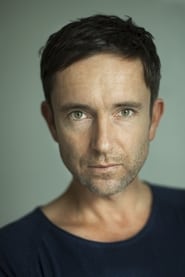
The Conference(2022)
When Humanity Lost The War
On January 20, 1942, the Wannsee Conference takes place in Berlin, a meeting that had only one item on the agenda: The Final Solution, the organization of the systematic mass murder of eleven million European Jews.


Movie: The Conference
Top 10 Billed Cast
Video Trailer The Conference
Recommendations Movies
 7.5
7.5The Windermere Children(en)
The story of the pioneering project to rehabilitate child survivors of the Holocaust on the shores of Lake Windermere.
 7.6
7.6Gladbeck: The Hostage Crisis(de)
In August 1988, two armed bank robbers keep German police at bay for 54 hours during a hostage-taking drama that ends in a shootout and three deaths.
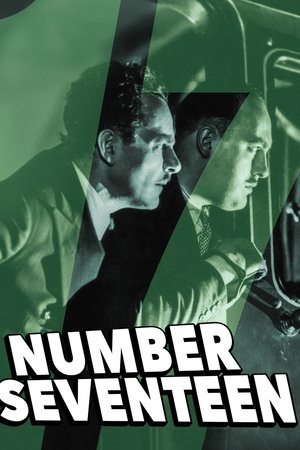 5.5
5.5Number Seventeen(en)
A gang of thieves gather at a safe house following a robbery, but a detective is on their trail.
 6.7
6.7Class Enemy(sl)
Relations between the students and the new teacher of German are extremely tense. When one female student commits suicide, her schoolmates blame the teacher for her death. An awareness that things are not quite so black and white comes too late.
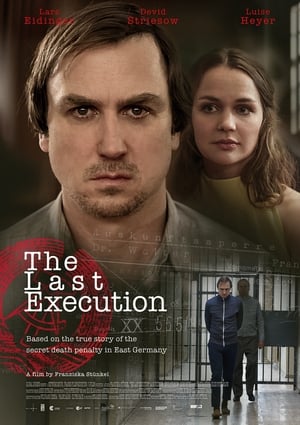 6.4
6.4The Last Execution(de)
The ambitious scientist Franz Walter doesn't hesitate when he is promised a professorship at the university. He immediately accepts, pledges absolute loyalty to the system and agrees to work for the GDR's foreign intelligence service until he can take up his new position. Together with his colleague Dirk, he is sent on foreign assignments to West Germany. Franz soon has to use blackmail to get innocent people to talk. But his superiors go even further: GDR refugees and their relatives are targeted to be psychologically destroyed, forged letters, medical diagnoses, surveillance and wiretapping are on the agenda. However, this is more than Franz can bear: he feels powerless and increasingly isolates himself. When he then decides to steal secret documents for a later defection to the West, this results in an unfortunate chain reaction leading to his arrest and ultimately to his execution...
 7.0
7.0Madly in Life(fr)
Alex and Noémie would like to have a child. But their plans are turned upside down when Alex's mother, Suzanne, has contracted "semantic dementia", a fatal neurodegenerative disease that affects her behavior.
 6.7
6.7Under The Stars(fr)
Since he was a kid, Yazid has one big passion, pastry making. Raised between foster homes and group homes, the young man will try to make his dream come true: to work with the greatest pastry chefs and become the best.
 4.6
4.6I Am the Pretty Thing That Lives in the House(en)
A young nurse takes care of an elderly author who lives in a haunted house.
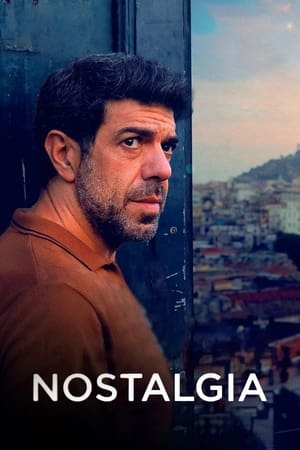 6.8
6.8Nostalgia(it)
Felice returns to his native Rione Sanità in Naples to look after his dying mother, having lived abroad for the last forty years. Here he discovers that his old friend Oreste has become a notorious crimeboss.
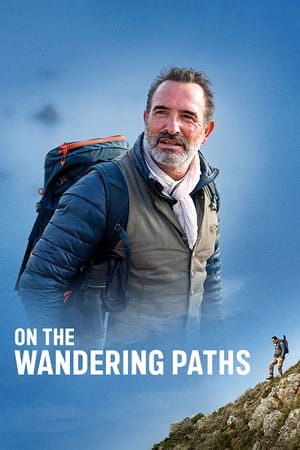 6.4
6.4On the Wandering Paths(fr)
Pierre, a famous explorer and writer, travels regularly through the world. Someday, climbing a hotel frontage while drunk, he falls from high and into a deep coma. When he awakes, he has difficulties walking but, against everyone's advices, he decides to walk through France, following forgotten pathways...
 5.3
5.3Sentinelle(fr)
François Sentinelle has two lives. By day, he is the most famous cop of Réunion Island, known for his tough methods and flowery shirts, pursuing criminals in his famous yellow defender. But the rest of the time, Sentinelle is also a charming singer.
 7.0
7.020,000 Leagues Under the Sea(en)
A ship sent to investigate a wave of mysterious sinkings encounters the advanced submarine, the Nautilus, commanded by Captain Nemo.
 5.9
5.9The Book of Solutions(fr)
Marc, a bipolar and paranoid filmmaker, cannot tolerate seeing his current project picked apart by his producers. The clips he’s been able to sneak a look at lead him to fear the worst. With his editor as an accomplice, he manages to spirit away the rushes to his aunt’s place in the Cévennes, to finish the film as he envisions it. Instead, its completion is constantly postponed, as he creates endless diversions and impasses, which alternate between the comic and the downright disturbing.
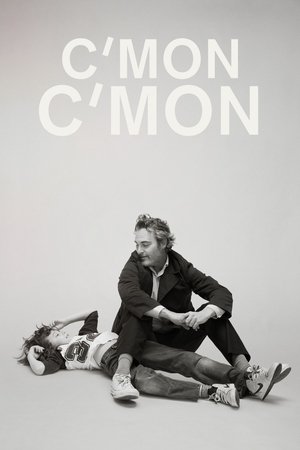 7.2
7.2C'mon C'mon(en)
Johnny and his young nephew forge a tenuous but transformational relationship when they embark on a cross-country trip to see life away from Los Angeles.
 6.9
6.9Jeanne du Barry(fr)
The life of Jeanne Bécu, who was born as the illegitimate daughter of an impoverished seamstress in 1743 and went on to rise through the Court of Louis XV to become his last official mistress.
 8.0
8.0All Your Faces(fr)
Since 2014, France's restorative justice programmes have offered a safe space for supervised dialogue between offenders and victims. Grégoire, Nawelle, and Sabine, victims of heists and violent robberies, agree to join one of these discussion groups alongside offenders Nassim, Issa, and Thomas, all convicted of violent robberies. Meanwhile Chloé, a victim of childhood sexual abuse, prepares for dialogue with her own agressor after learning he has moved back into town.
 6.4
6.4Coming 2 America(en)
Prince Akeem Joffer is set to become King of Zamunda when he discovers he has a son he never knew about in America – a street savvy Queens native named Lavelle. Honoring his royal father's dying wish to groom this son as the crown prince, Akeem and Semmi set off to America once again.
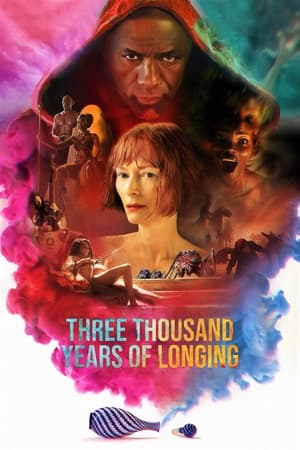 6.9
6.9Three Thousand Years of Longing(en)
A solitary scholar discovers an ancient bottle while on a trip to Istanbul and unleashes a djinn who offers her three wishes. Filled with reluctance, she is unable to come up with one, so the djinn tries to inspire her with his stories.
 7.0
7.0Vice(en)
George W. Bush picks Dick Cheney, the CEO of Halliburton Co., to be his Republican running mate in the 2000 presidential election. No stranger to politics, Cheney's impressive résumé includes stints as White House chief of staff, House Minority Whip and Defense Secretary. When Bush wins by a narrow margin, Cheney begins to use his newfound power to help reshape the country and the world.
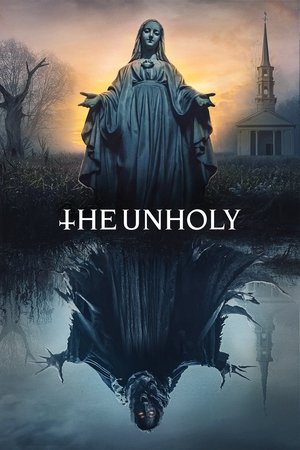 6.6
6.6The Unholy(en)
Alice is a young hearing-impaired girl who, after a supposed visitation from the Virgin Mary, is inexplicably able to hear, speak and heal the sick. As word spreads and people from near and far flock to witness her miracles, a disgraced journalist hoping to revive his career visits the small New England town to investigate. When terrifying events begin to happen all around, he starts to question if these phenomena are the works of the Virgin Mary or something much more sinister.
Similar Movies
 6.1
6.1The Case of Bruno Lüdke(de)
The incredible story of Bruno Lüdke (1908-44), the alleged worst mass murderer in German criminal history; or actually, a story of forged files and fake news that takes place during the darkest years of the Third Reich, when the principles of criminal justice, subjected to the yoke of a totalitarian system that is beginning to collapse, mean absolutely nothing.
 2.3
2.3Iron Cross: The Road to Normandy(en)
Captain Muller struggles to survive fighting overwhelming Russian forces. Wounded, he is sent to Normandy as Americans Lee and Trey prepare for D-Day. Soon, scores are settled and battle brings our GIs and Germans on the same path.
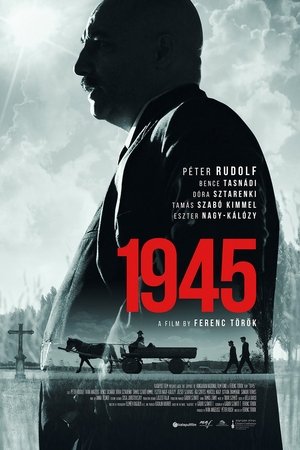 7.0
7.01945(hu)
An unsettling feeling overwhelms a small Hungarian town when two orthodox Jews arrive with a mysterious trunk. As residents begin to speculate on the purpose of the visit of these two strangers, order starts to crumble in town with some pursuing devious plans and others finding remorse in their hearts.
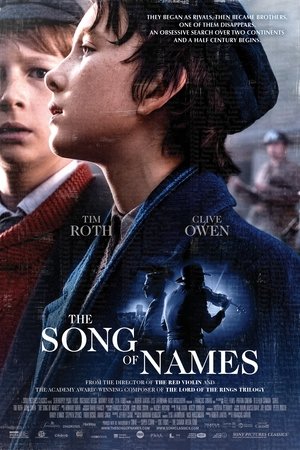 6.7
6.7The Song of Names(en)
A man searching for his childhood best friend — a Polish violin prodigy orphaned in the Holocaust — who vanished decades before on the night of his first public performance.
Success(de)
For fans of history, this glimpse of Munich society in the 1920s will be a much-treasured event. The story revolves around an art-gallery manager who puts on a show featuring the scandalous works of a woman artist who committed suicide. He is unjustly accused of having committed adultery with her, and for some reason the authorities decide to make an example of him. He is imprisoned at about the same time that Hitler and the nascent Nazi party attempt the infamous Beer Hall Putsch, and the gallery manager's girlfriend and a Swiss writer valiantly (and unsuccessfully) attempt to get better justice for him. Nobody in authority, it seems, has the courage to take up the challenge of righting this particular injustice.
 5.9
5.9Shooting War(en)
A remarkable film that takes a special look at the first war to be truly reported and recorded by one of the more unsung heroes of World War II: the combat photographer. Through the unflinching eye of their camera's lenses, these courageous soldiers continually risked their lives in their brave attempts to capture history.
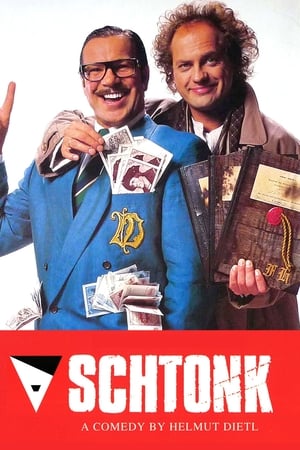 6.9
6.9Schtonk!(de)
Schtonk! is a farce of the actual events of 1983, when Germany's Stern magazine published, with great fanfare, 60 volumes of the alleged diaries of Adolf Hitler – which two weeks later turned out to be entirely fake. Fritz Knobel (based on real-life forger Konrad Kujau) supports himself by faking and selling Nazi memorabilia. When Knobel writes and sells a volume of Hitler's (nonexistent) diaries, he thinks it's just another job. When sleazy journalist Hermann Willié learns of the diaries, however, he quickly realizes their potential value... and Knobel is quickly in over his head. As the pressure builds and Knobel is forced to deliver more and more volumes of the fake diaries, he finds himself acting increasingly like the man whose life he is rewriting. The film is a romping and hilarious satire, poking fun not only at the events and characters involved in the hoax (who are only thinly disguised in the film), but at the discomfort Germany has with its difficult past.
 5.6
5.6The Emperor of California(de)
The film follows the life story of Johann Augustus Suter, the owner of Sutter's Mill, famous as the birthplace of the great California Gold Rush of 1848.
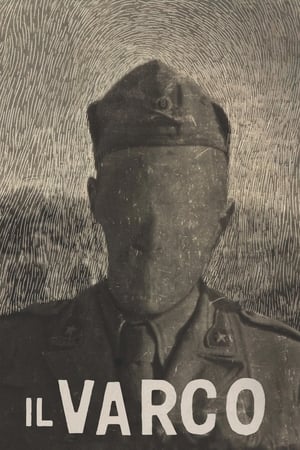 6.4
6.4Once More Unto the Breach(it)
July, 1941. After the beginning of the German invasion, an Italian soldier, a veteran of the colonial wars, is sent to the Soviet front. As he remembers the fairy tales his Russian mother used to tell him, the train he is travelling in crosses Europe on its way to the vast Ukrainian plains, where the enemy and a cruel winter await him… (Based on the experiences of several Italian soldiers.)
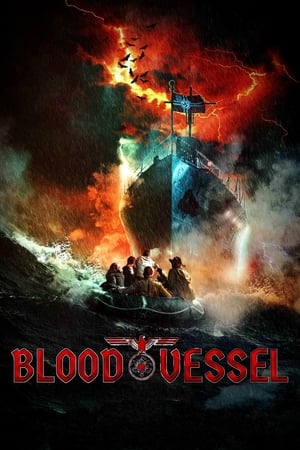 5.3
5.3Blood Vessel(en)
Near the end of World War II, the survivors of a torpedoed hospital ship cling to life aboard a crowded lifeboat. With no food, water, or shelter, all seems lost – until an eerily silent German minesweeper drifts ominously towards them, giving them one last chance at survival. As our motley crew explores the ship, it becomes all too clear that some diabolical fate has befallen its German crew. The mystery only deepens when they encounter a young Romanian girl, apparently the sole survivor, who leads them to a locked room in the bowels of the vessel.
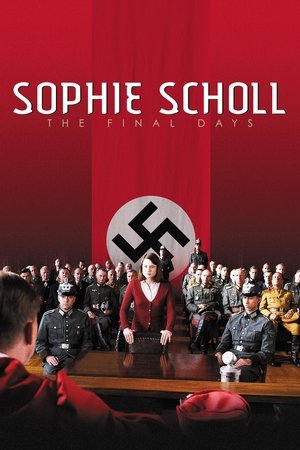 7.1
7.1Sophie Scholl: The Final Days(de)
In 1943, as Hitler continues to wage war across Europe, a group of college students mount an underground resistance movement in Munich. Dedicated expressly to the downfall of the monolithic Third Reich war machine, they call themselves the White Rose. One of its few female members, Sophie Scholl is captured during a dangerous mission to distribute pamphlets on campus with her brother Hans. Unwavering in her convictions and loyalty to the White Rose, her cross-examination by the Gestapo quickly escalates into a searing test of wills as Scholl delivers a passionate call to freedom and personal responsibility.
 6.0
6.0Mr. Kingstreet's War(en)
A couple sets up an African game preserve, only to have British and Italian armies fight over the waterholes.
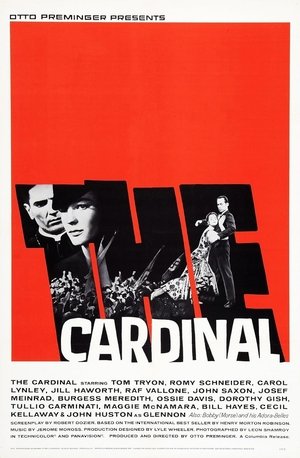 6.5
6.5The Cardinal(en)
A young Catholic priest from Boston confronts bigotry, Nazism, and his own personal conflicts as he rises to the office of cardinal.
 6.3
6.3The Victors(en)
Intercutting dramatic vignettes with newsreel footage, the story follows the characters from an infantry squad as they make their way from Sicily to Germany during the end of World War II.
 6.9
6.9The Garden of the Finzi-Continis(it)
In 1930s Italy, a wealthy Jewish family tries to maintain their privileged lifestyle, hosting friends for tennis and parties at their villa. As anti-Semitism intensifies under Fascism, they must ultimately face the horrors of the Holocaust.
 5.4
5.4Never So Few(en)
A U.S. military troop takes command of a band of Burmese guerillas during World War II.
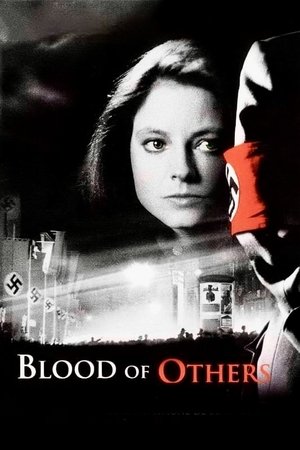 5.0
5.0The Blood of Others(en)
In the German-occupied Paris, Helene is torn between the love for her boyfriend Jean, working for the resistance and the German administrator Bergmann, who will do anything to gain her affection.
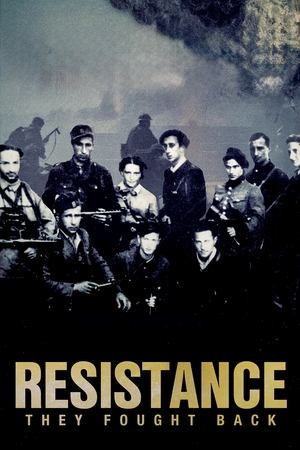 0.0
0.0Resistance: They Fought Back(en)
We’ve all heard of the Warsaw Ghetto Uprising, but most people have no idea how widespread and prevalent Jewish resistance to Nazi barbarism was. Instead, it’s widely believed “Jews went to their deaths like sheep to the slaughter.” Filmed in Poland, Lithuania, Latvia, Israel, and the U.S., Resistance – They Fought Back provides a much-needed corrective to this myth of Jewish passivity. There were uprisings in ghettos large and small, rebellions in death camps, and thousands of Jews fought Nazis in the forests. Everywhere in Eastern Europe, Jews waged campaigns of non-violent resistance against the Nazis.
 6.4
6.4Salò, or the 120 Days of Sodom(it)
Four corrupted fascist libertines round up 9 teenage boys and girls and subject them to 120 days of sadistic physical, mental and sexual torture.
 6.4
6.4Hitler's Hollywood(de)
Film journalist and critic Rüdiger Suchsland examines German cinema from 1933, when the Nazis came into power, until 1945, when the Third Reich collapsed. (A sequel to From Caligari to Hitler, 2015.)
